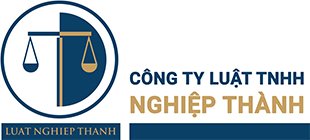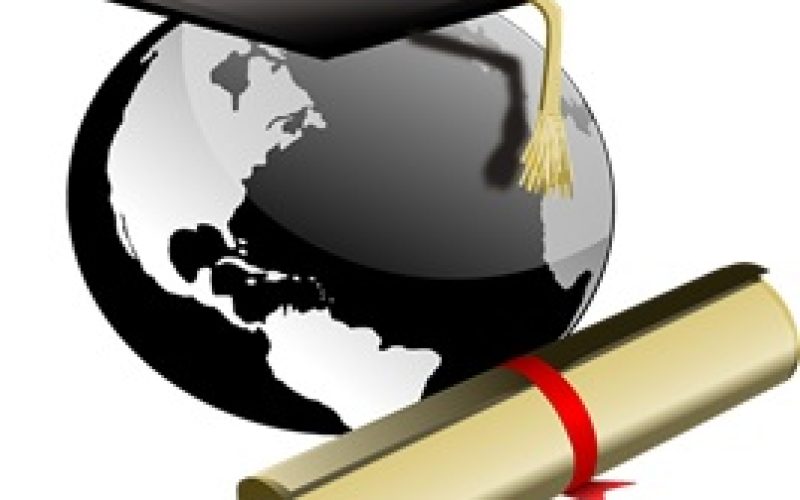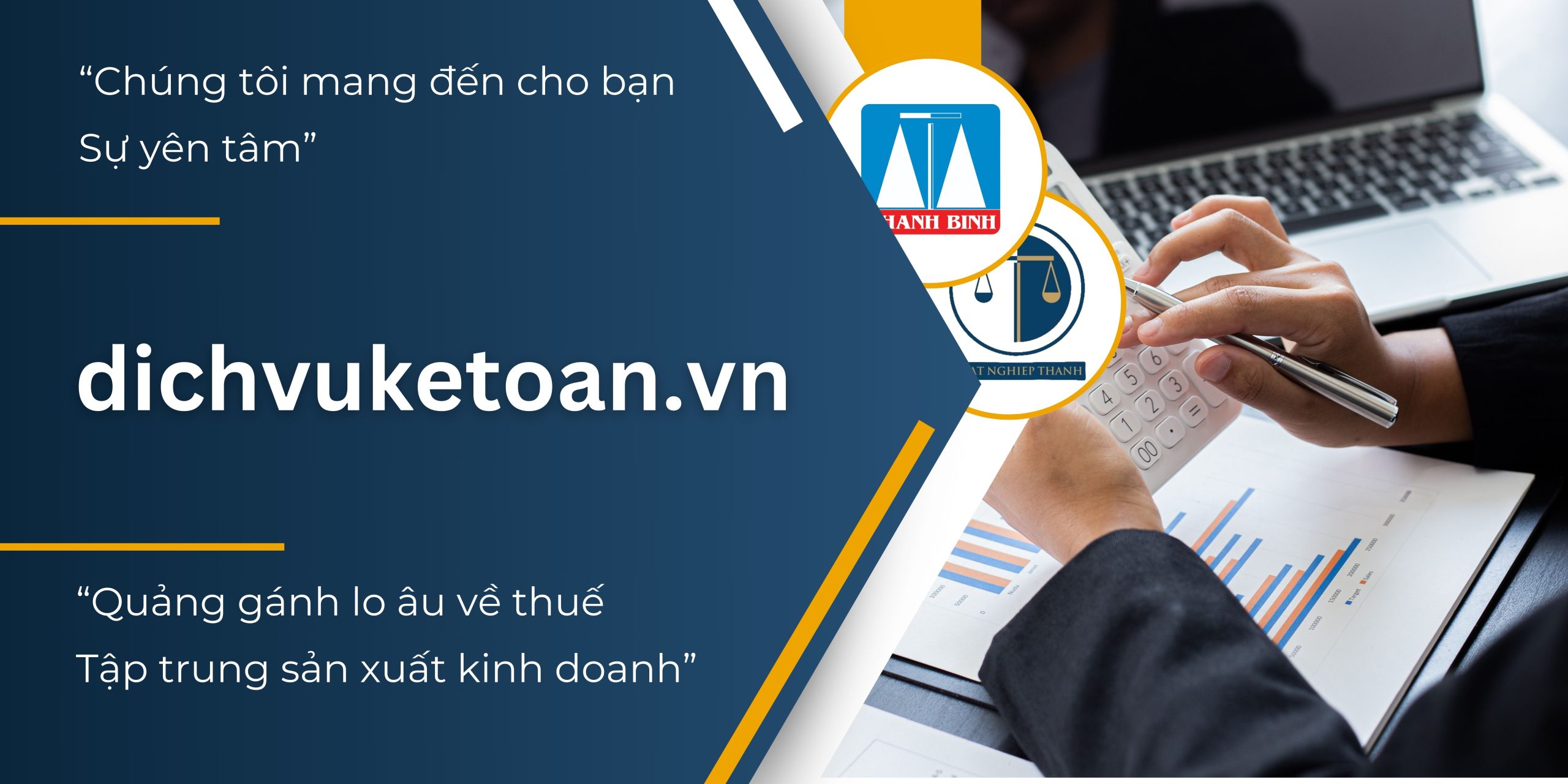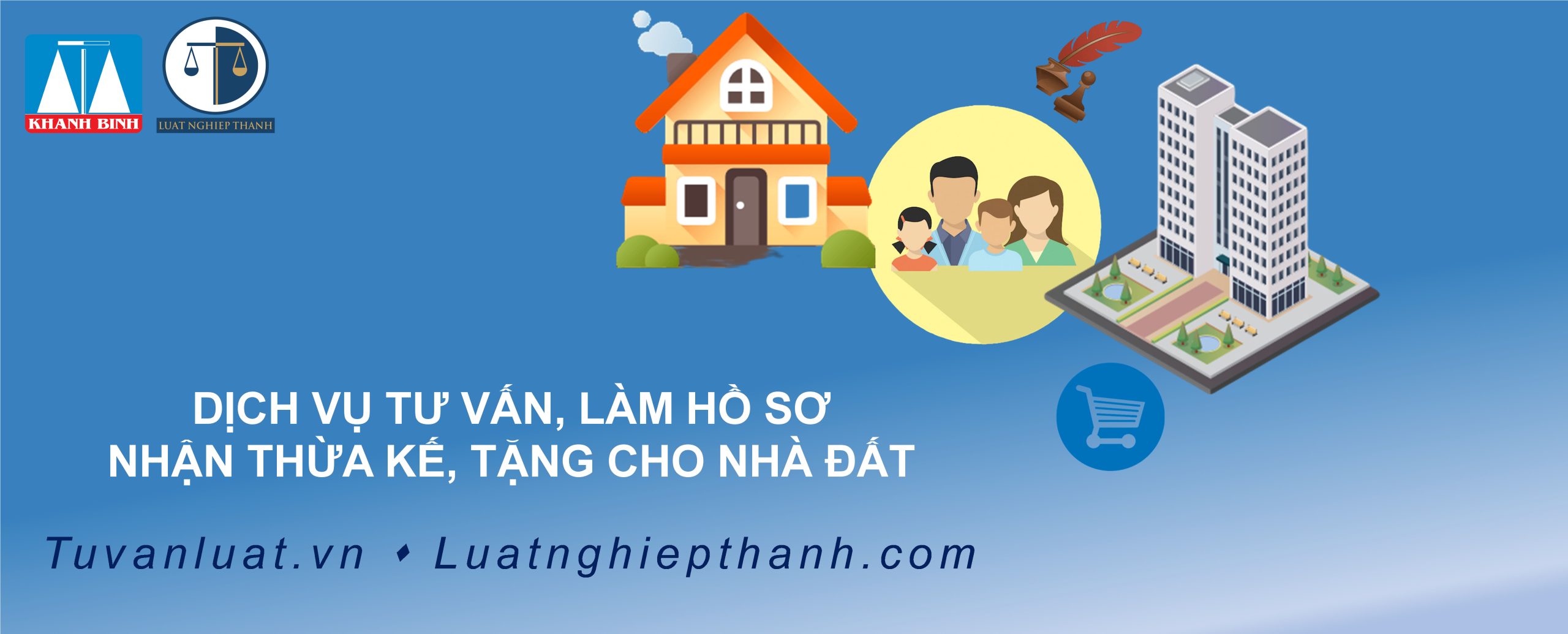Consular legalization of foreign degrees in Viet Nam

The original article written in Vietnamese: Consular legalization of foreign degrees in Viet Nam
Question:
Hello! I have an American friend named Mark. Mark is currently living in Viet Nam and he needs to use a US-issued college/university degree to get a work permit. I would like to ask what procedures do Mark need to do in order for a college/university degree issued in the U.S. to be used in Viet Nam? Thank you.
Answer:
In the process of integration, it is becoming more and more common that foreign employees are recruited by Vietnamese enterprises. Any foreign employee working in Viet Nam under employment/labour contract (not including exemptions[1]) needs a work permit issued by the Ministry of Labour, War Invalids and Social Affairs. In the dossier for a work permit, a college/university degree or equivalent documents is one of the necessary documents[2].
In addition, Vietnamese law stipulates that papers/documents issued abroad in order for the use and recognition in Viet Nam must go through consular legalization procedures so that Vietnamese competent authorities can authenticate the seal, signature, title on such papers/documents[3].
Thus, in Mark’s case, if he wants to use a US-issued college/university degree in Viet Nam to obtain a work permit, such document must go through consular legalization procedures.
Consular legalization procedures in Viet Nam
In order to conduct consular legalization procedures for papers/documents issued in the U.S., the following steps must be done:
Step 1: The papers/documents that require consular legalization issued by foreign competent agencies/organizations must be authenticated at the competent notary office of the country where those papers and documents are issued by the foreign competent authority/organization.
For the case of your friend Mark who is living in Viet Nam, the place to authenticate the papers/documents is at the U.S. Embassy Hanoi or U.S. Consulate General Ho Chi Minh in Viet Nam. Because a college/university degree is one of the academic degrees, according to the regulations on notarization and authentication at the U.S. Embassy or U.S. Consulate General, such document cannot be notarized or authenticated. However, to confirm the veracity of the signature and seal on Mark’s college/university degree, Mark can do so through making an affidavit.[4]
Mark may refer to the notarization service at the U.S. Embassy or U.S. Consulate General in Viet Nam at the following link: https://vn.usembassy.gov/u-s-citizen-services/notarial-services/
Step 2: After the papers/documents have been notarized and authenticated, they must be submitted to the competent diplomatic missions of Viet Nam, namely the Consular Department and the Department of External Relations of Ho Chi Minh City – Ministry of Foreign Affairs and other agencies as prescribed by law.[5] Then, these agencies certify that the signatures and seals on the document that sworn are true to the signatures of the diplomatic staff and seal of the diplomatic mission of U.S. notified in advance to the diplomatic mission of Viet Nam.
Accordingly, the dossier for consular legalization includes[6]:
– 01 Application for consular authentication;
– Originals of ID papers in case of direct submission; or 01 photocopy of the ID papers in case of postal submission. This document does not need to be authenticated;
– Consular legalization request papers/documents (authenticated by foreign country’s diplomatic mission, consulate or other agencies authorized to perform the consular functions)
(Mark must submit the affidavit made at the U.S. Embassy or Consulate General in Viet Nam.)
– 01 photocopy of consular legalization request papers/documents;
– 01 translation of consular legalization request papers/documents. The translation does not have to be authenticated. The person who submits the dossier must be responsible for the accuracy of the translation. About the language of the translation:[7]
If the procedures carried out within Vietnamese territory, the language must be Vietnamese or English, in case such papers/documents not made in Vietnamese or English.;
– 01 photocopy of the translation of such papers/documents;
– 01 envelope clearly stating the recipient’s address (if such papers/documents submitted by post and requested to return procedure results by post)
In case of the need to check the veracity of consular legalization request papers/documents, the officer who receives the dossier may require Mark to supplement originals of relevant papers/documents and submit 01 photocopy of such papers/documents[8].
Places of carrying out consular legalization procedures:
After preparing all the required documents, Mark must submit his dossier directly at the following locations[9]:
– Consular Department/Department of External Relations of Ho Chi Minh City/Ministry of Foreign Affairs.
In addition, there are Departments/Divisions/Offices of External Relations of provinces and cities under cetral government jurisdiction (hereinafter referred to as local foreign affairs agencies) that receive dossiers of consular authentication and legalization, and return procedure results. The list of these agencies is notified and updated regularly on the Consular Portal at: http://lanhsuvietnam.gov.vn/.
What is more, Mark can submit the dossier through the post office. In case of postal submission, the person who submit the dossier must pay the postage of two-way delivery[10].
The processing time is 01 working day from the date the competent authority receives the complete and valid dossier. In case the dossier contains 10 or more sets of papers/documents, the processing time may be extended but not exceed 05 working days (the number of papers/documents of consular authentication and legalization request, regardless of the papers/documents having one or more pages).[11]
The content above is the advice of Nghiep Thanh Law on “Consular legalization of Foreign degrees in Viet Nam.”
Nghiep Thanh Law would like to thank you for reading and sending questions. Looking forward to your feedback and suggestions.
Translator: Le Khanh Linh
Updated on: June 15, 2022
Content writer: Le Thi Tu Anh
Instructor: Lawyer Thuan
[1] Article 7 Decree 152/2020/ND-CP, Article 8 Decree 152/2020/ND-CP.
[2] Article 9 of Decree 152/2020/ND-CP.
[3] Article 2.2 Decree 111/ND-CP.
[4] Notarial Services, U.S. Embassy and Consulate General in Viet Nam.
[5] Article 5 Decree 111/2011/ND-CP and Article 1 Circular 01/2012/TT-BNG.
[6] Articles 14 and 15 Decree 111/2011/ND-CP and Article 9 Circular 01/2012/TT-BNG.
[7] Article 14.1.(dd) Decree 111/2011/ND-CP.
[8] Article 14.2 Decree 111/2012/ND-CP.
[9] Article 5 of Decree 111/2011/ND-CP and Article 7 of Decree 111/2011/ND-CP.
[10] Article 8.3 Decree 111/2011/ND-CP.
[11] Clause 5 Article 11 Decree 111/2011/ND-CP and Article 12 Circular 01/2012/TT-BNG.




